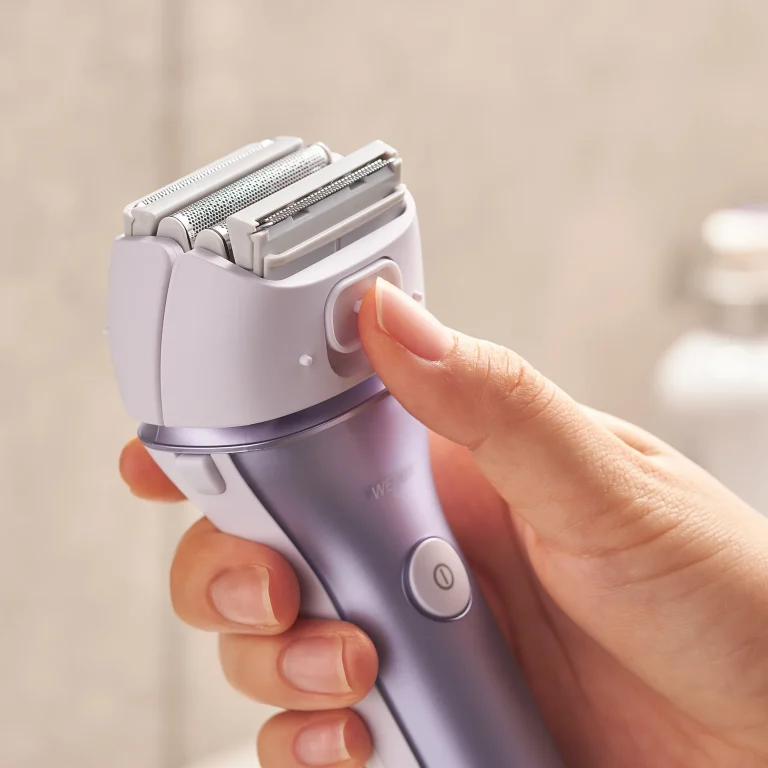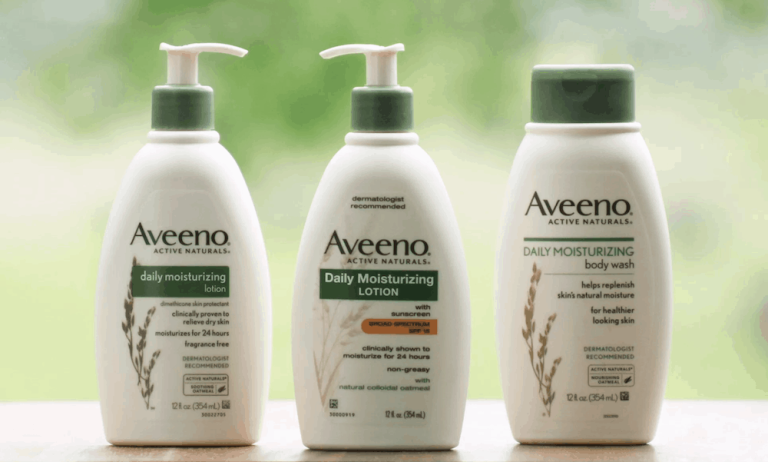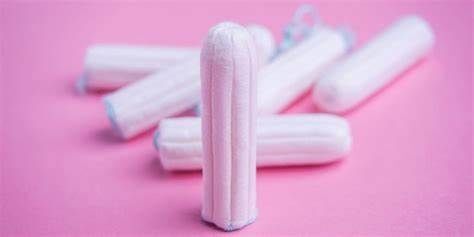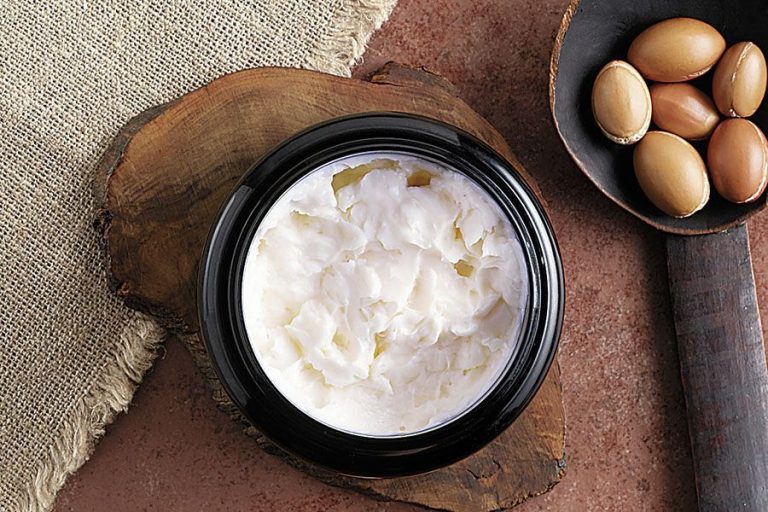Does Tea Tree Oil Expire? How Long Does it Last?
Tea tree oil has become a popular essential oil known for its many beneficial properties. From skin and hair care to aromatherapy, tea tree oil is widely used in homes worldwide. But like any natural product, tea tree oil does have a shelf life. So does tea tree oil expire and go bad?
In this guide, I’ll cover everything you need to know about the shelf life and expiration of tea tree oil. I’ll discuss how long tea tree oil lasts, signs that your oil has expired, proper storage methods to maximize shelf life, and what happens when you use rancid tea tree oil. Let’s dive in!
How Long Does Tea Tree Oil Last?
Contents
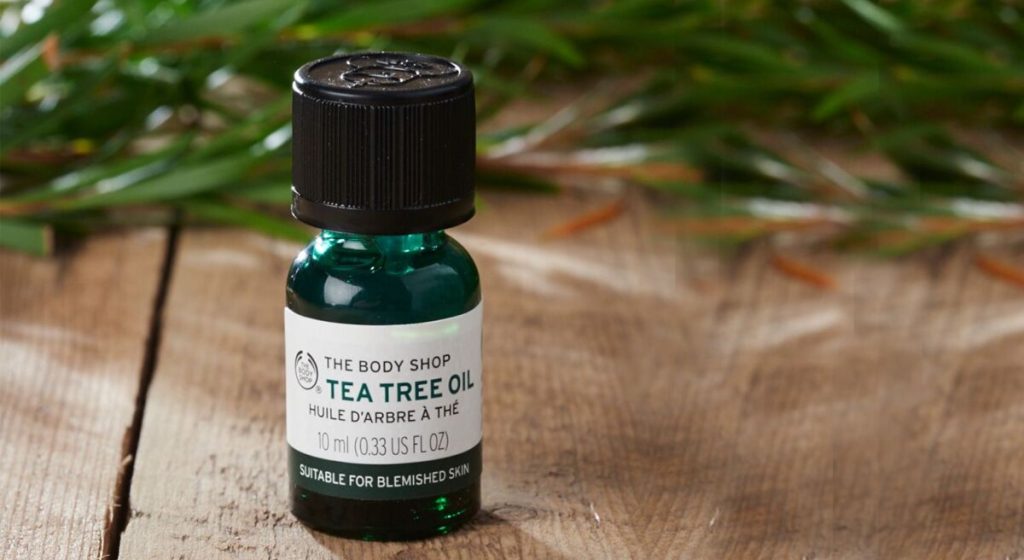
The shelf life of tea tree oil depends on several factors:
Storage Conditions
Like many essential oils, tea tree oil is sensitive to light, heat, and exposure to oxygen. To maximize shelf life, it should be stored in a cool, dark place in an airtight container. Oils stored in improper conditions will expire faster.
Oil Quality
Higher quality oils that are carefully extracted and stored initially will naturally have a longer shelf life compared to lower quality oils.
Production Date
Fresher oils produced more recently will last longer unopened than older oils.
Shelf Life of Properly Stored Tea Tree Oil
When stored properly in a cool, dark place in an airtight container, unopened tea tree oil will typically last 12-24 months past the production date. Once opened, it’s best to use tea tree oil within 6-12 months.
Improperly Stored Oils
Tea tree oil stored improperly in warm, humid, or brightly lit conditions can expire in less than 6 months. Direct sunlight, heat sources, and exposure to air drastically shortens the shelf life.
Using Expired Tea Tree Oil
Expired tea tree oil will have diminished potency and effectiveness. The antimicrobial, anti-inflammatory, and other medicinal properties of tea tree oil break down over time. Using expired tea tree oil is not recommended for the following reasons:
Decreased Potency
Expired tea tree oil simply won’t work as well for its intended uses such as acne spot treatment, dandruff shampoo, hand sanitizer, and disinfectant.
Skin Irritation
Oxidized and improperly stored tea tree oil can cause allergic reactions, rashes, and skin irritation when applied topically past its shelf life.
Loss of Therapeutic Properties
Allowing tea tree oil to expire before use robs you of its antibacterial, antiviral, and antifungal properties. Using rancid oil defeats the purpose of buying tea tree oil for its medicinal benefits.
Signs Your Tea Tree Oil Has Expired
How can you tell if your bottle of tea tree oil has gone bad? Watch for these common signs of expiration:
Smell
Fresh tea tree oil has a strong medicinal, camphorous scent. As it oxidizes, the smell becomes sharper, almost rancid. You may notice a sour or moldy odor.
Color
Good quality tea tree oil is typically clear to pale yellow. Cloudiness, darkening, or discoloration points to oxidation.
Consistency
Expired tea tree oil may become more viscous and syrupy or thinner than fresh oil. Separation or the presence of particles are also red flags.
Packaging
Tea tree oil stored in clear glass bottles will show discoloration. Ideally, use amber or blue colored bottles to slow light damage.
Why Tea Tree Oil Expires
Why does tea tree oil have a shelf life and eventually go rancid? There are a few reasons:
Improper Storage
Heat, light, air exposure degrades tea tree oil over time by accelerating oxidation. Storing oils in improper conditions leads to faster expiration.
Contamination
Bacteria and other microbes that enter the bottle can feed on the compounds in tea tree oil, changing its composition while producing byproducts.
Oil Quality
Lower quality tea tree oil has a shorter shelf life compared to purer therapeutic-grade oils. Factors like distillation method and plant chemistry impact longevity.
Proper Storage of Tea Tree Oil
To keep your tea tree oil fresh for as long as possible, follow these tips:
Cool & Dark Location
Avoid warm places like near windows, stoves, and appliances. Store tea tree oil in a pantry or cabinet away from heat and sunlight.
Airtight Container
Keep tea tree oil in the original bottle or transfer to bottles that seal tightly to limit air exposure.
Control Moisture & Humidity
Damp environments can lead to degradation. Avoid bathrooms and humid areas.
Isolate from Other Chemicals
Store tea tree oil away from other cleaners, chemicals, and fragrances that can react with the compounds.
What to Do with Expired Tea Tree Oil
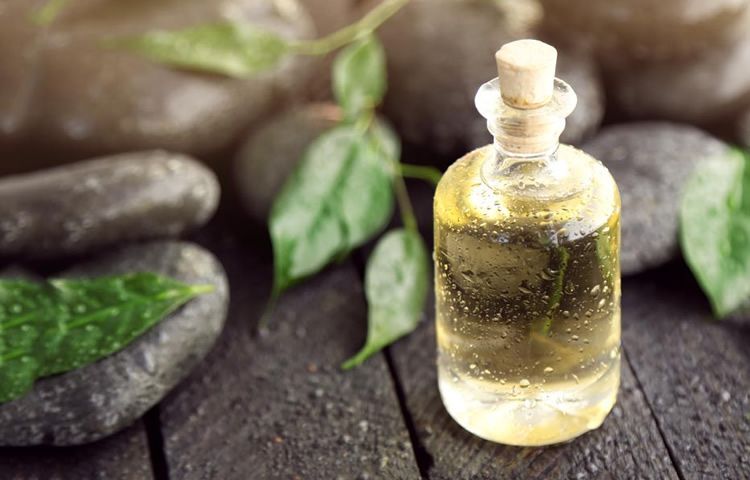
Once you determine your tea tree oil is past its prime, stop using it topically or internally. Dispose of expired tea tree oil properly:
Recycle the Glass Bottle
If the bottle is glass, the container can typically be recycled to give it renewed purpose.
Dispose of Oil Properly
Check for a hazardous waste disposal program in your city or county to get rid of rancid oils safely.
Replace with Fresh Oil
Don’t hold onto oxidized tea tree oil once it’s expired. Toss it out and purchase a fresh bottle so you can benefit from this versatile essential oil.
The Takeaway
Like other natural wellness products, tea tree oil has a finite shelf life and will eventually expire without proper storage. Keep your oil in a cool, dark place and use within 12-24 months for best potency. Check for signs your tea tree oil has oxidized like odor, color, and texture changes.
While some essential oils have very long shelf lives exceeding 5 years, tea tree oil is on the shorter end at around 2 years. The good news is that replacing expired tea tree oil is easy and affordable! With proper storage methods, you can safely enjoy this aromatherapy and natural remedy staple.
Tea tree oil is a wonderful oil to have on hand for various ailments, with antibiotic and antifungal properties said to rival prescription medications when used on cuts and wounds. Just be sure to store it correctly and be alert to any changes signaling it’s time to replace your bottle with a fresh one.

Founded by Sophia Rodriguez, IGXO Cosmetics is a PETA-certified, cruelty-free, and vegan makeup brand.
